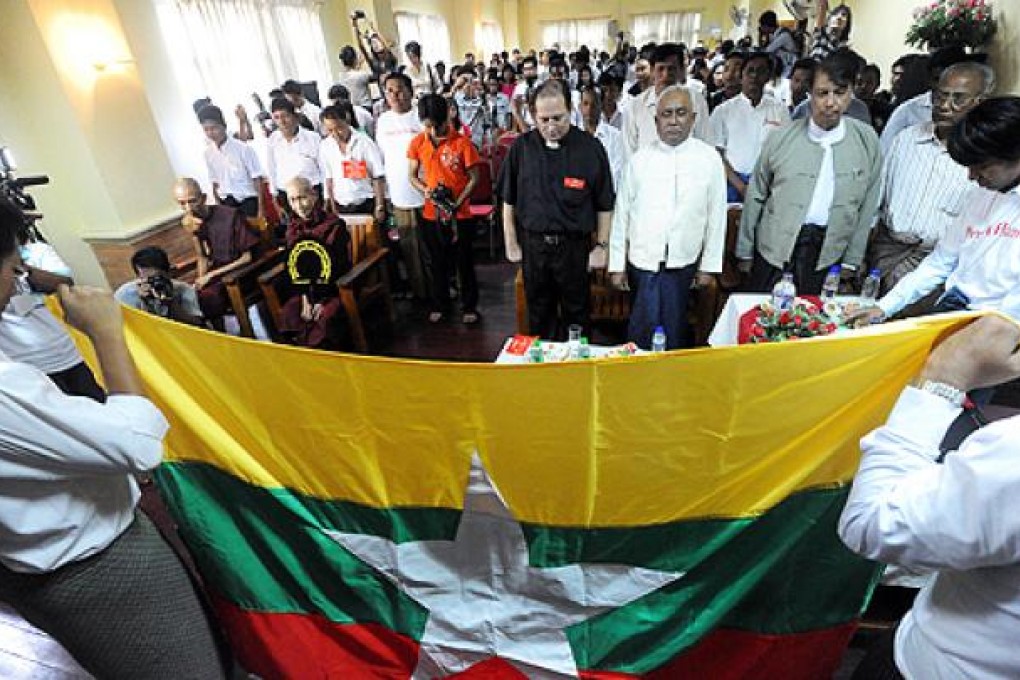
Myanmar President Thein Sein on Thursday vowed a tough response to religious extremists after a wave of deadly Buddhist-Muslim violence in the former army-ruled nation.
At least 40 people have been killed and mosques burned in several towns in central Myanmar since fresh sectarian strife erupted on March 20, prompting the government to impose emergency rule and curfews in some areas.
“I would like to warn all political opportunists and religious extremists who try to exploit the noble teachings of these religions and have tried to plant hatred among people of different faiths for their own self-interest: their efforts will not be tolerated,” Thein Sein said in a national address.
“In general, I do not endorse the use of force to solve problems. However, I will not hesitate to use force as a last resort to protect the lives and safeguard the property of general public,” the former general added.
All perpetrators of violence will be prosecuted to the fullest extent of the law
“All perpetrators of violence will be prosecuted to the fullest extent of the law,” he said, according to an official translation.